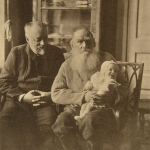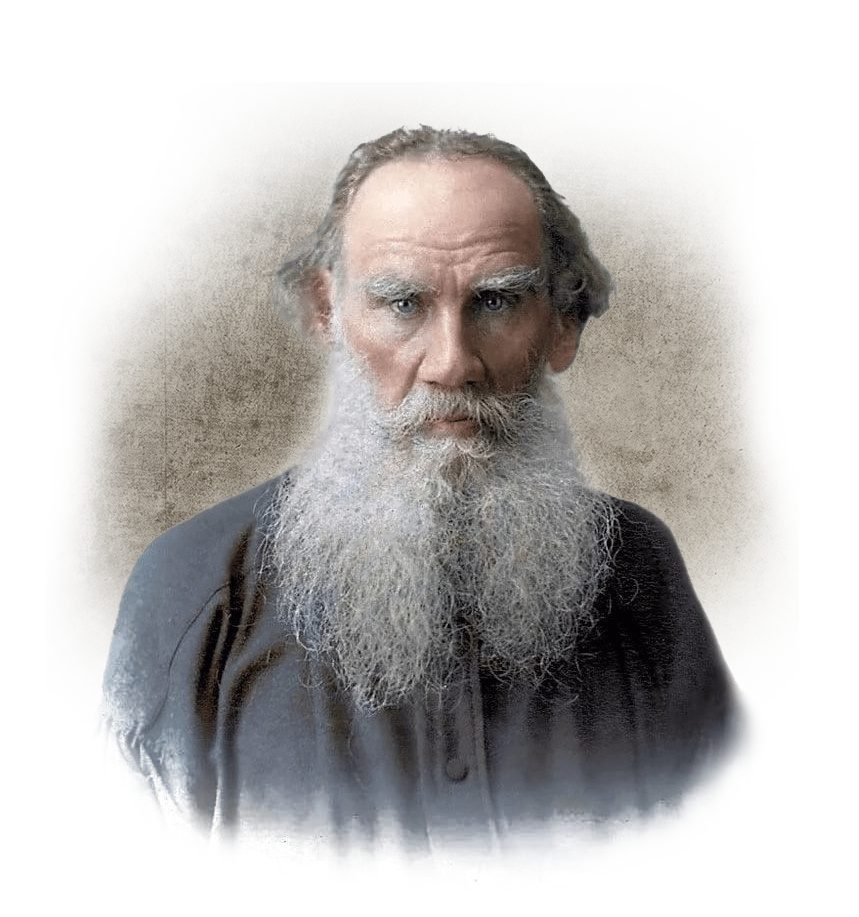
28.12.2023
Leo Tolstoy’s magnum opus, «Anna Karenina,» transcends the boundaries of mere storytelling, delving deep into the intricacies of human morality, societal norms, and existential philosophy. Set against the backdrop of 19th-century Russian society, the novel serves as a compelling exploration of human nature, portraying a rich tapestry of moral dilemmas, societal expectations, and the pursuit of happiness.
Leo Tolstoy’s magnum opus, «Anna Karenina,» transcends the boundaries of mere storytelling, delving deep into the intricacies of human morality, societal norms, and existential philosophy. Set against the backdrop of 19th-century Russian society, the novel serves as a compelling exploration of human nature, portraying a rich tapestry of moral dilemmas, societal expectations, and the pursuit of happiness.
Individual Morality and Society
One of the central themes in «Anna Karenina» revolves around the clash between individual moral fulfillment and societal norms. The characters grapple with societal expectations while navigating their personal desires and moral compasses. Anna’s affair with Count Vronsky, condemned by society, embodies this conflict, shedding light on the tension between personal happiness and societal judgment.
The Complexity of Human Relationships
Tolstoy intricately weaves a web of relationships, each laden with moral implications. From Anna’s affair to the complex marriage of Kitty and Levin, the novel portrays the intricate dynamics of love, passion, and duty. These relationships serve as a canvas to explore the nuances of human emotions and the ethical choices individuals confront in their pursuit of love and fulfillment.
Existential Questions and Consequences
The novel delves into profound existential questions, inviting reflection on the consequences of one’s actions. Tolstoy’s characters face moral dilemmas that lead to pivotal choices, highlighting the repercussions of their decisions on their lives and the lives of those around them. Anna’s tragic fate stands as a stark reminder of the moral consequences and societal ostracization that accompany defying conventional norms.
Critique of High Society and Hypocrisy
Through the lens of various characters, Tolstoy critiques the hypocrisy and superficiality of high society. He exposes the disparity between societal facades and the true moral fabric of individuals. The portrayal of societal norms and the contrast between public image and private struggles serve as a scathing commentary on the moral decay within aristocratic circles.
Spiritual Awakening and Redemption
Amidst the moral turmoil, Tolstoy offers glimpses of spiritual redemption and personal growth. Levin’s philosophical journey toward finding meaning and purpose in life stands in contrast to the tragic fate of Anna. His pursuit of a simple, authentic life and his quest for moral clarity serve as a beacon of hope amid the moral complexities depicted in the novel.
In summary, «Anna Karenina» transcends the confines of a mere love story, serving as a profound exploration of morality, human relationships, societal constraints, and the existential quest for meaning. Tolstoy’s keen insight into the human condition and his portrayal of moral quandaries continue to captivate readers, prompting reflection on timeless philosophical questions and the intricacies of human morality.
You may also like:

28.12.2023
Leo Tolstoy's pedagogical ideas and their reflection in his literary works

17.10.2023
Tolstoy on Screen: The Cinematic Legacy of Leo Tolstoy's Literary Masterpieces

17.10.2023
Iconic Characters in Leo Tolstoy's Literary Universe

17.10.2023
Leo Tolstoy's Complex Family Dynamics: A Closer Look
